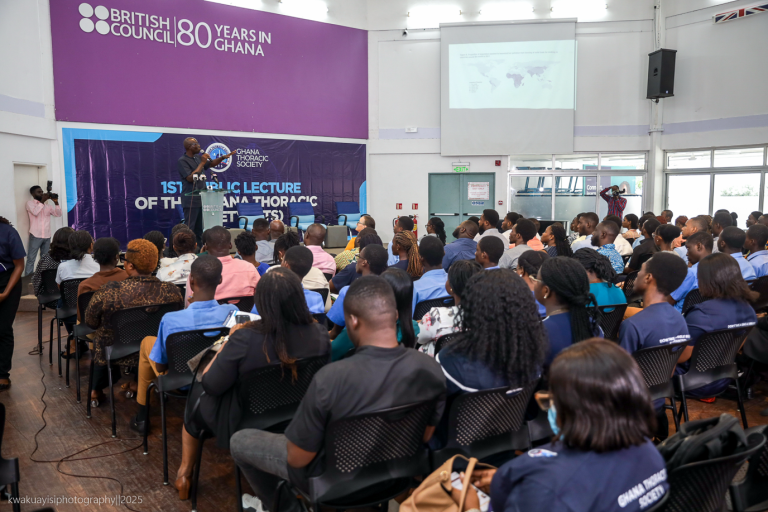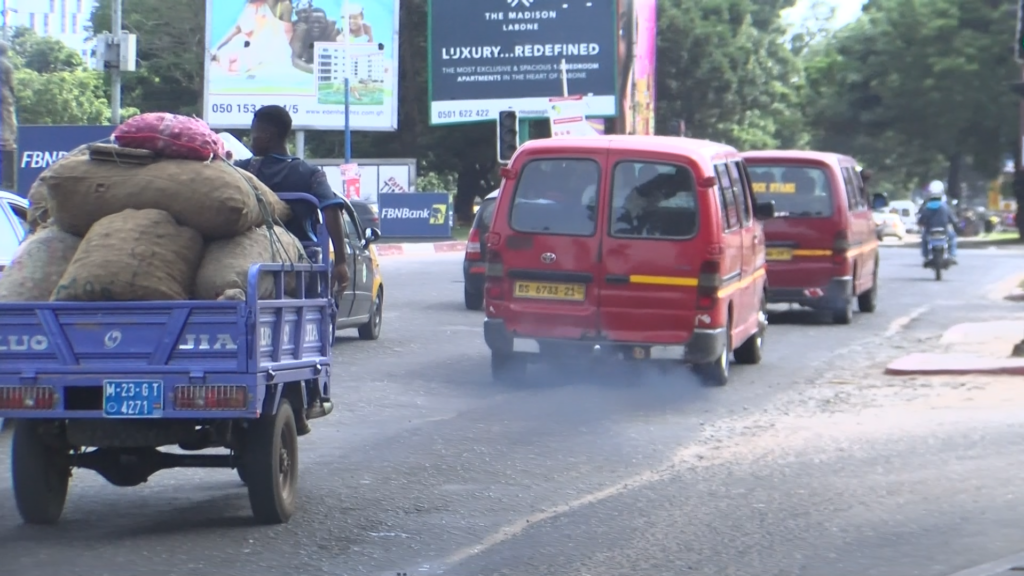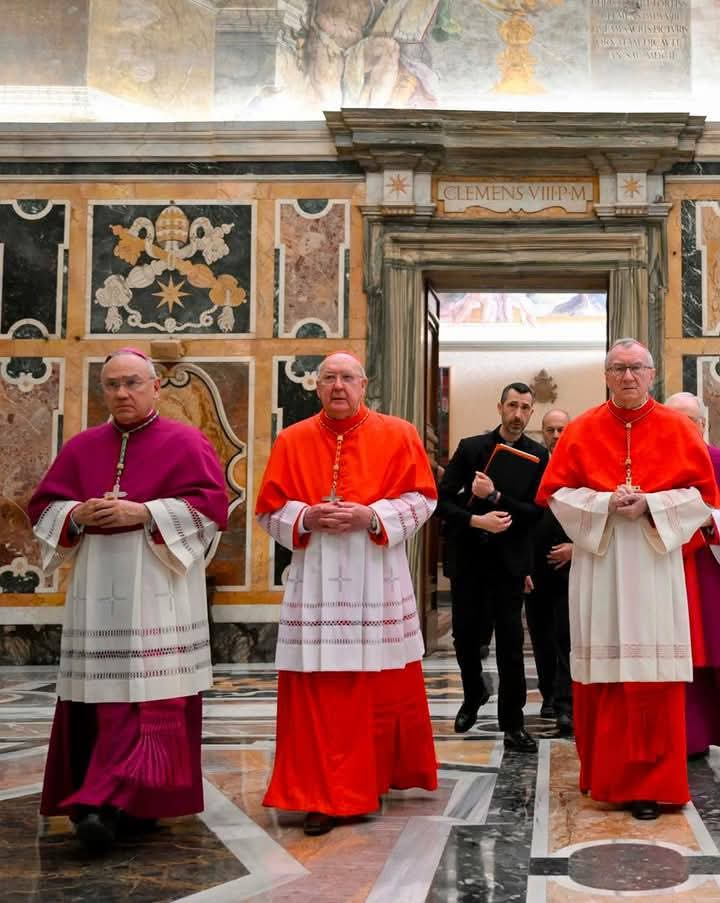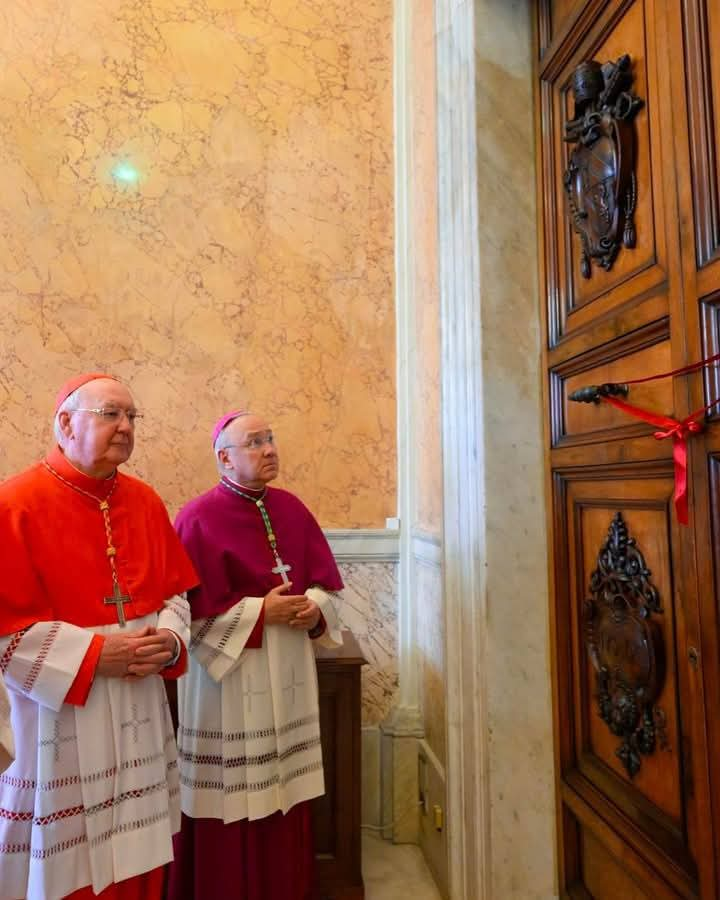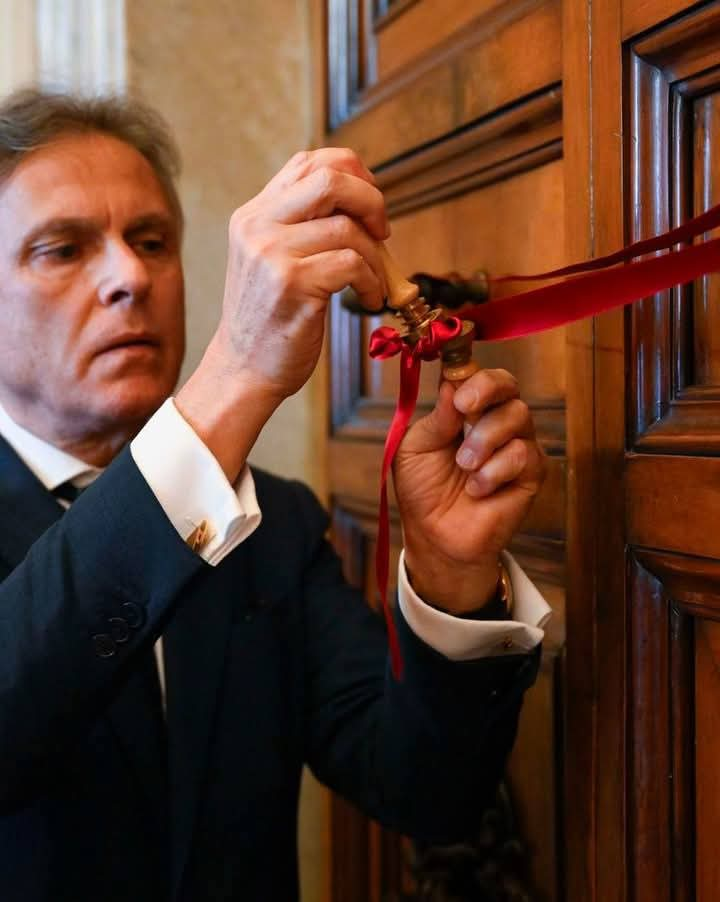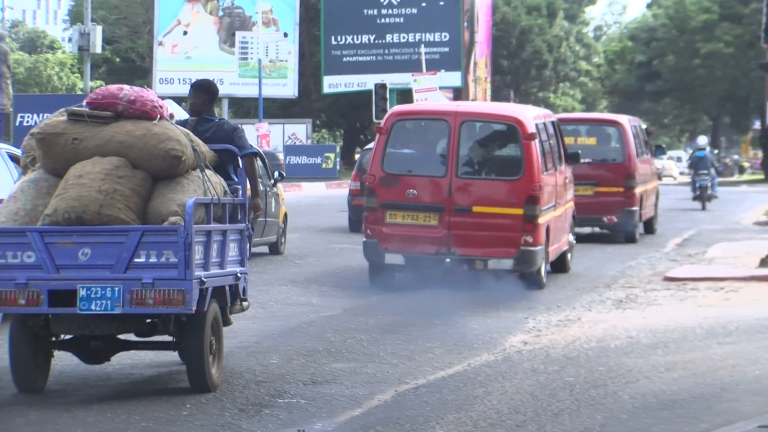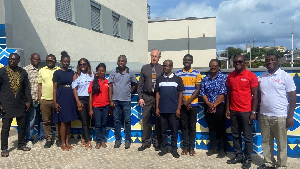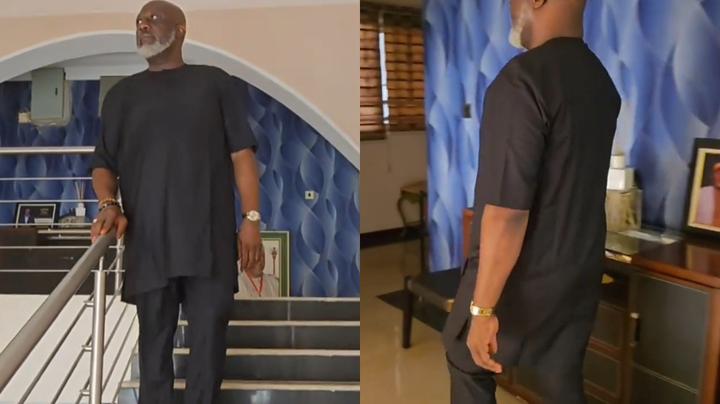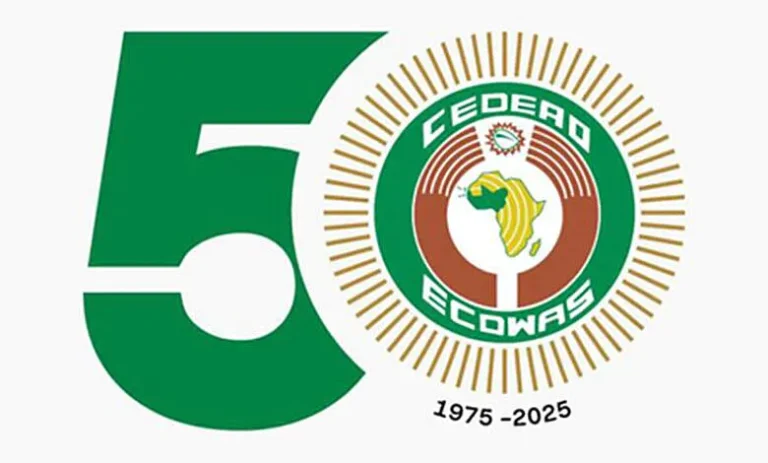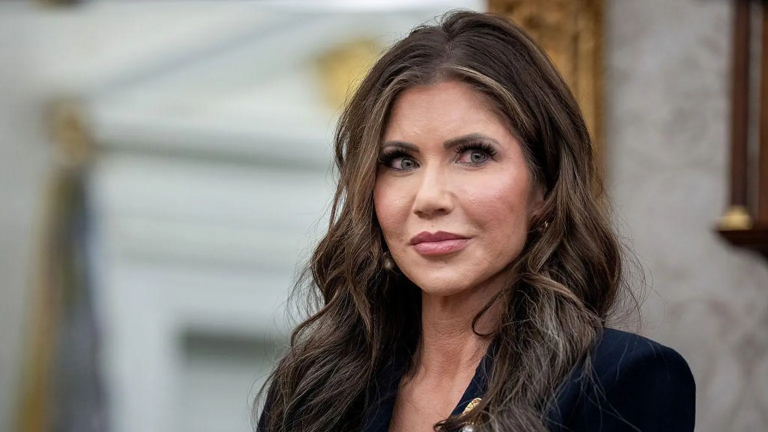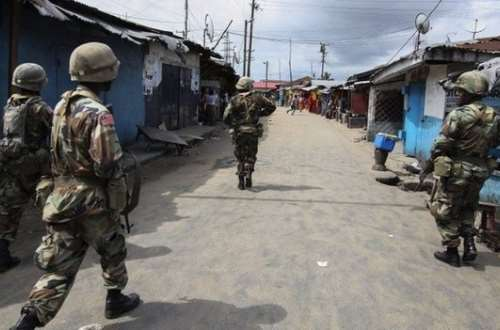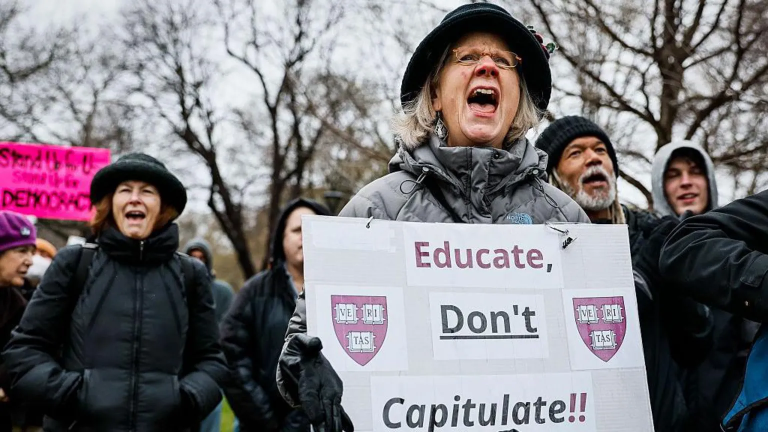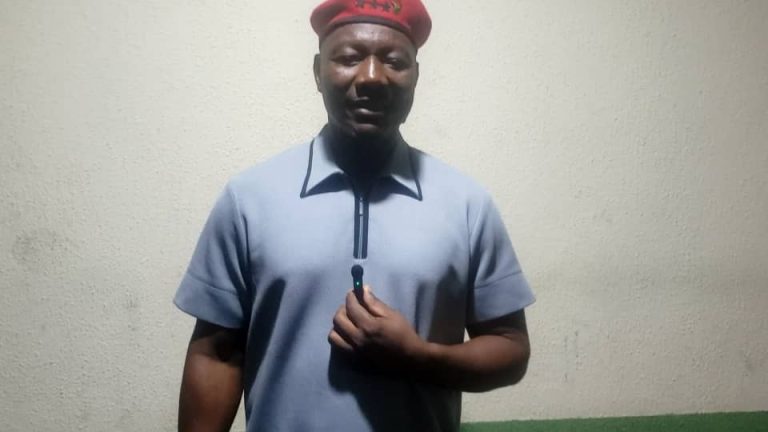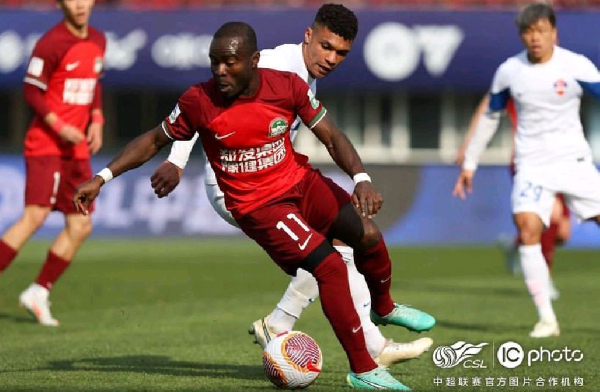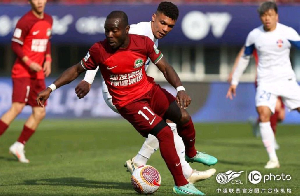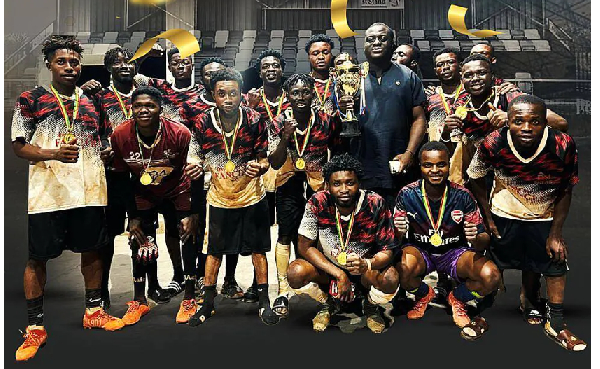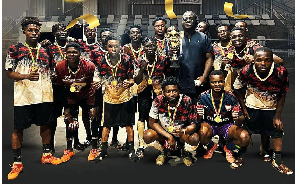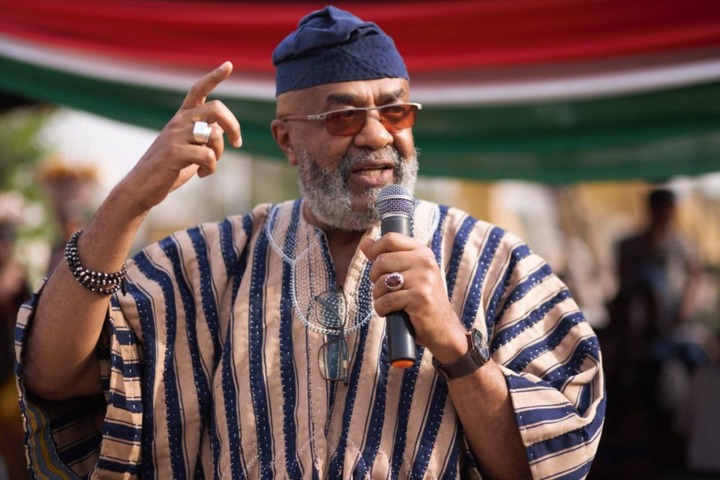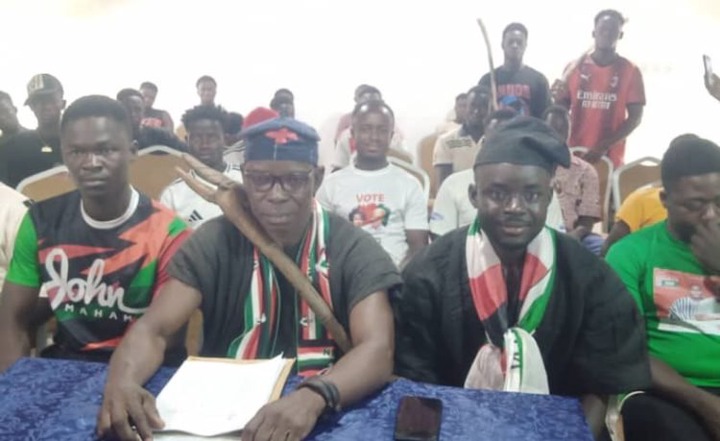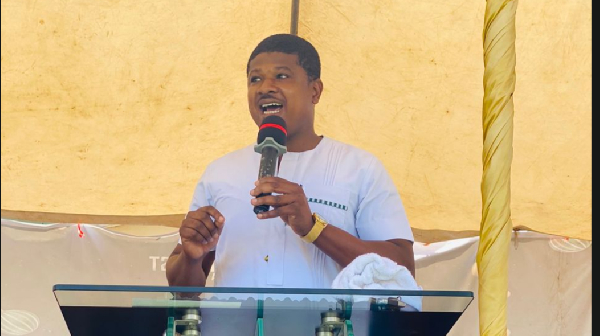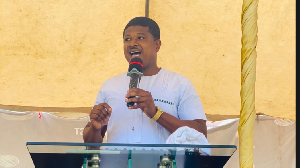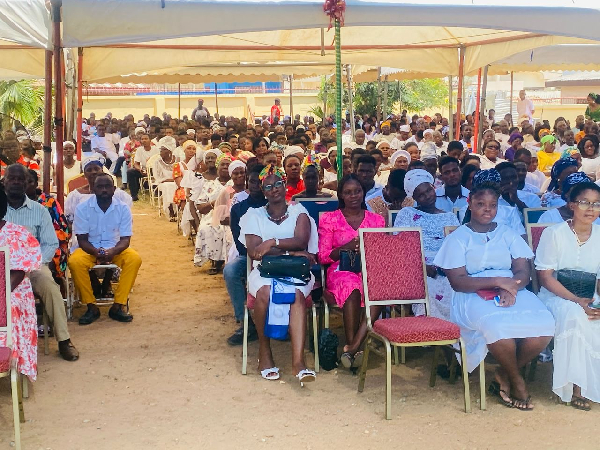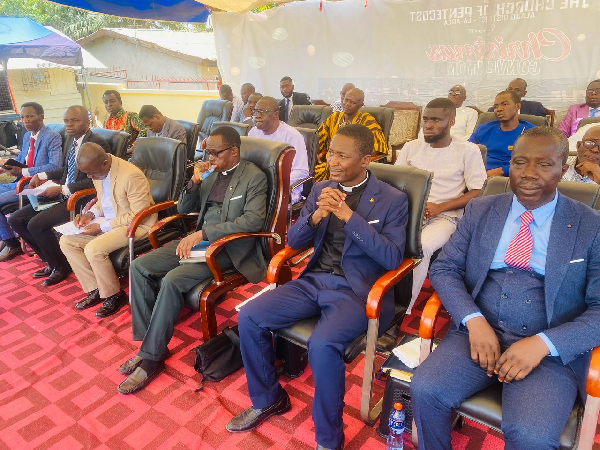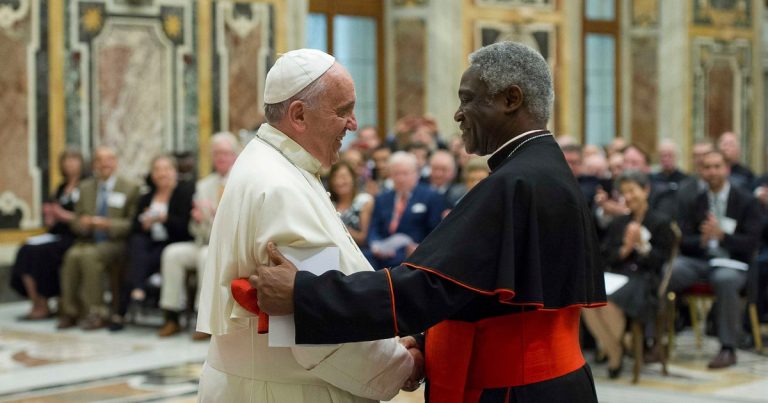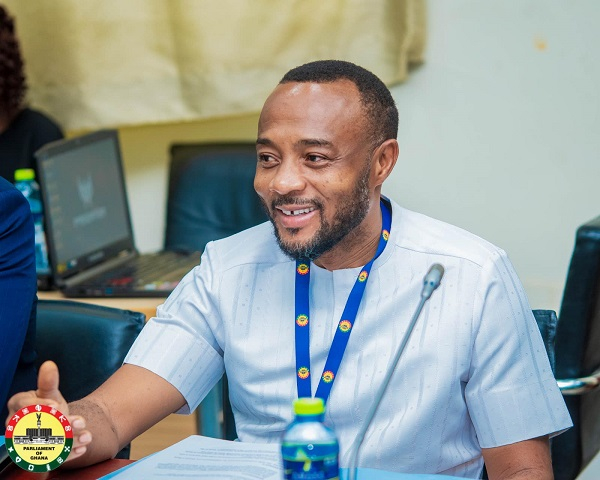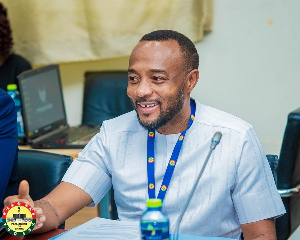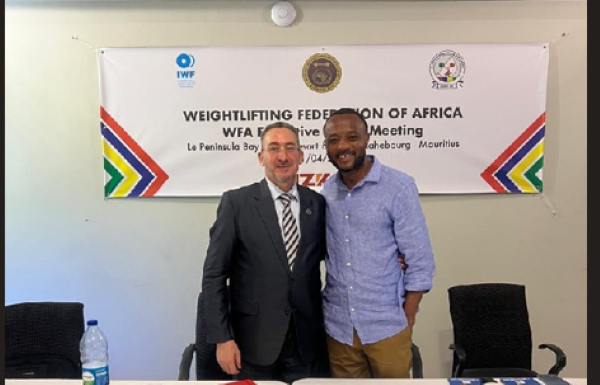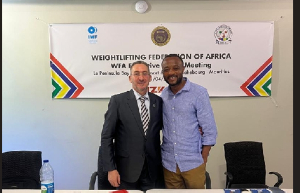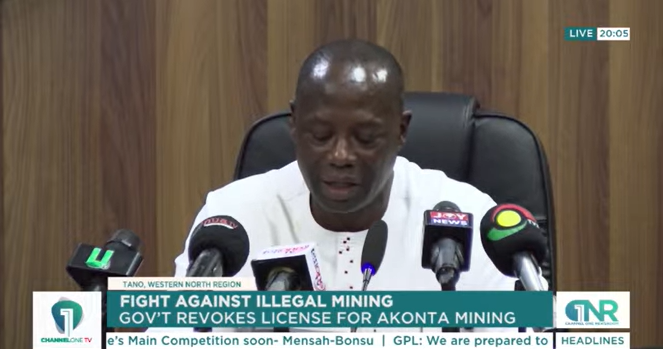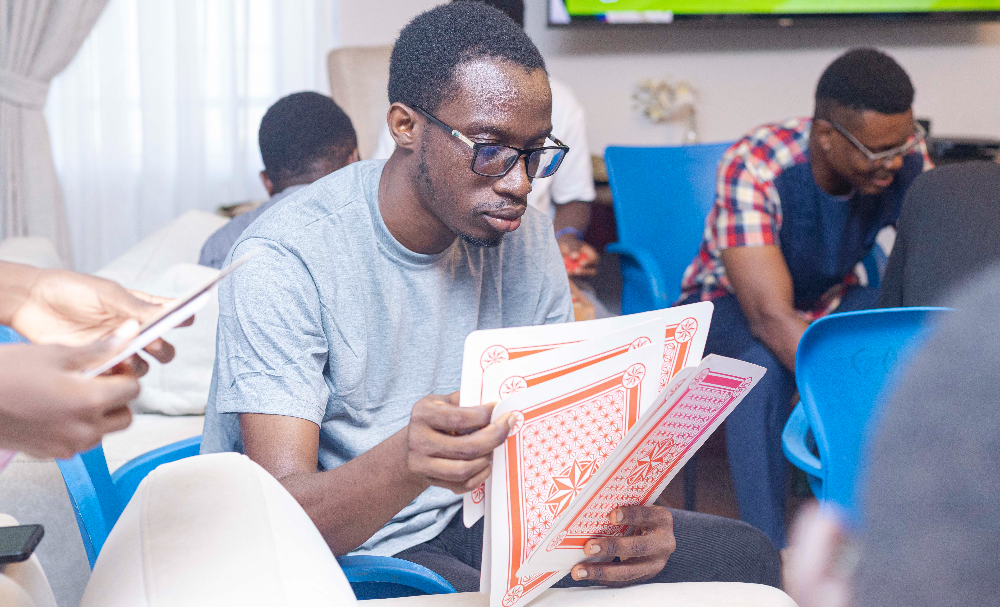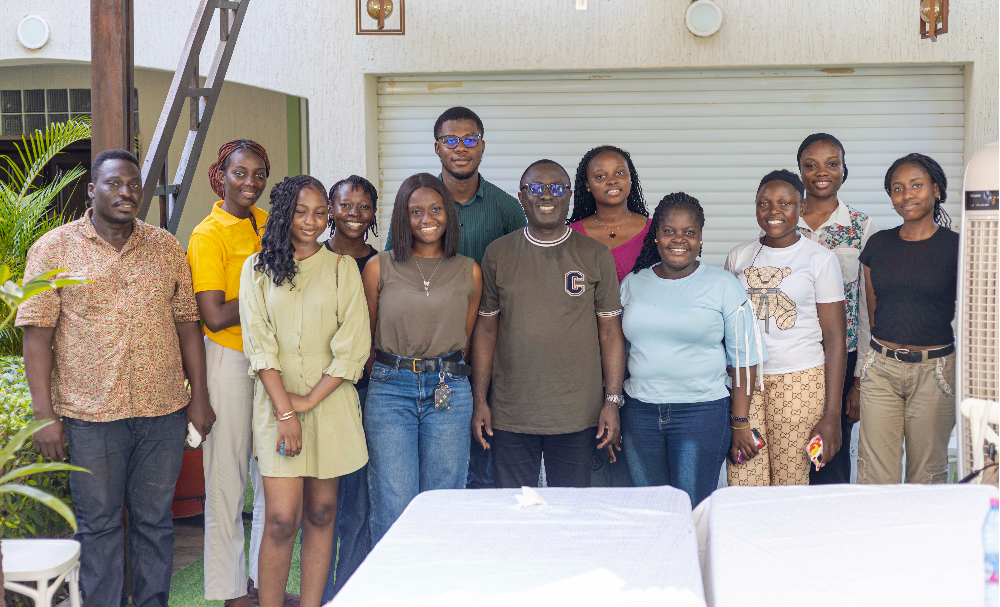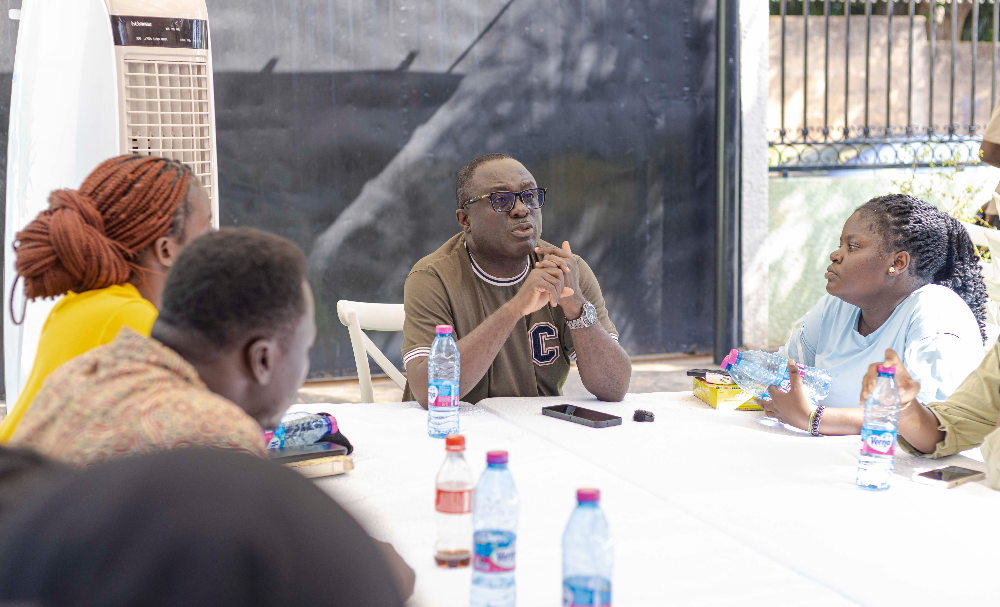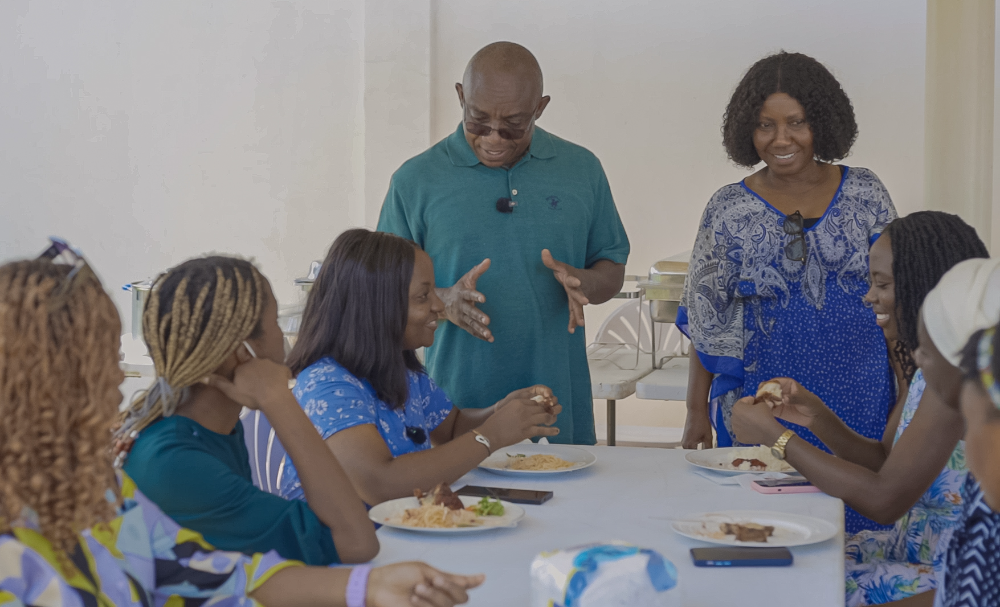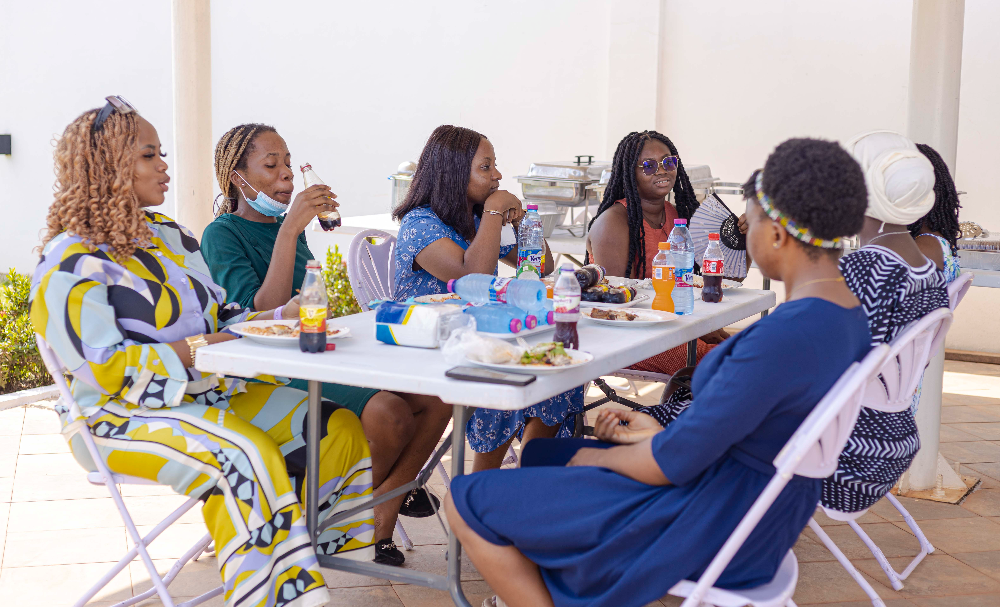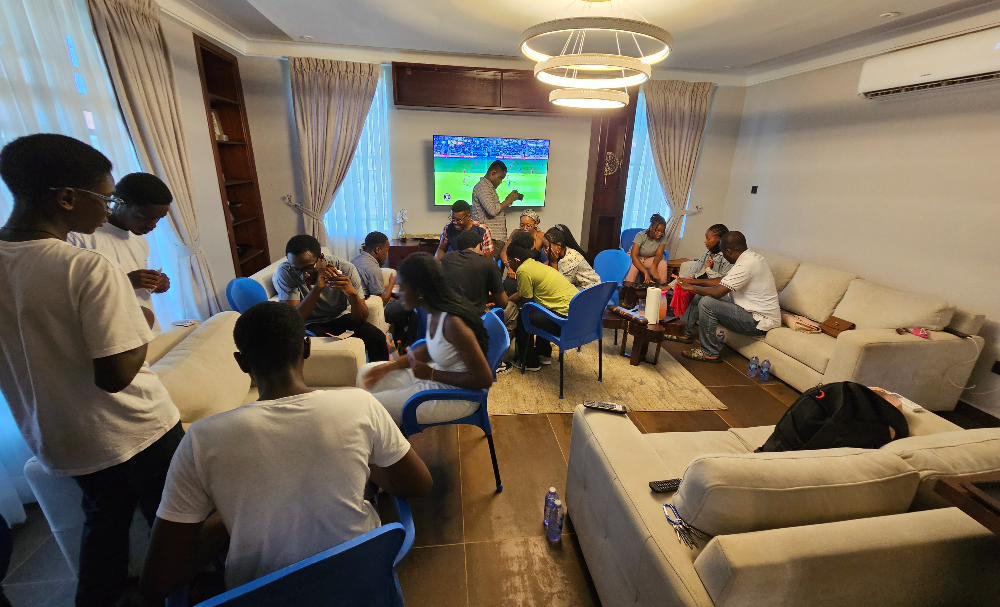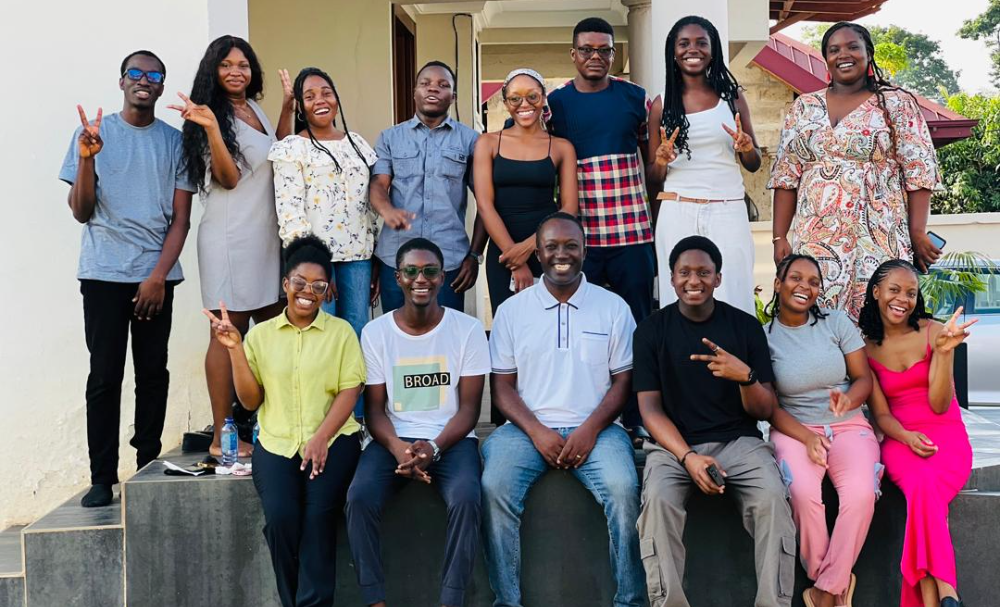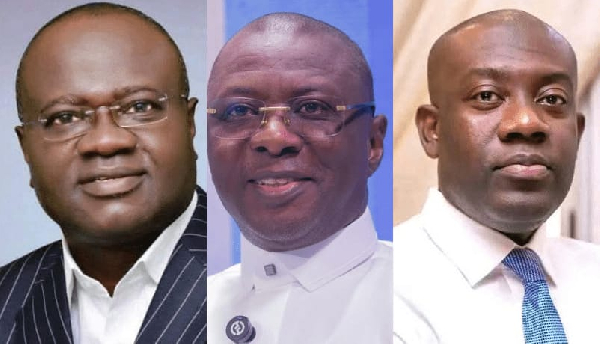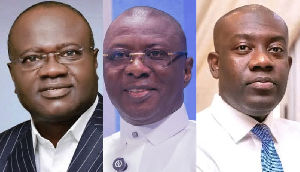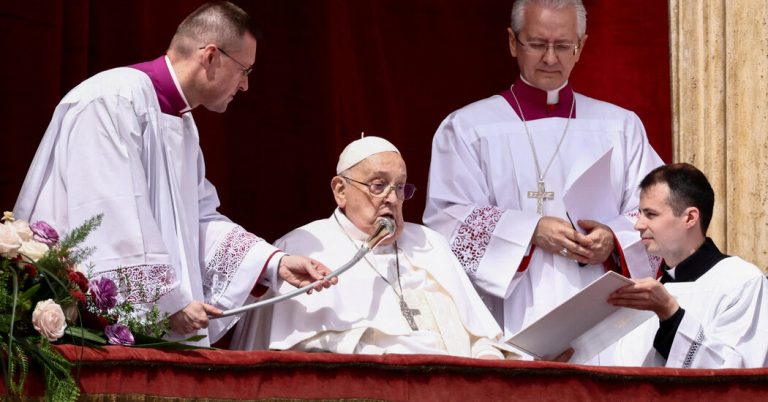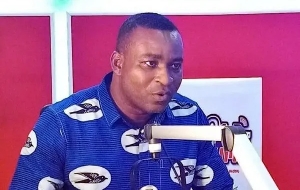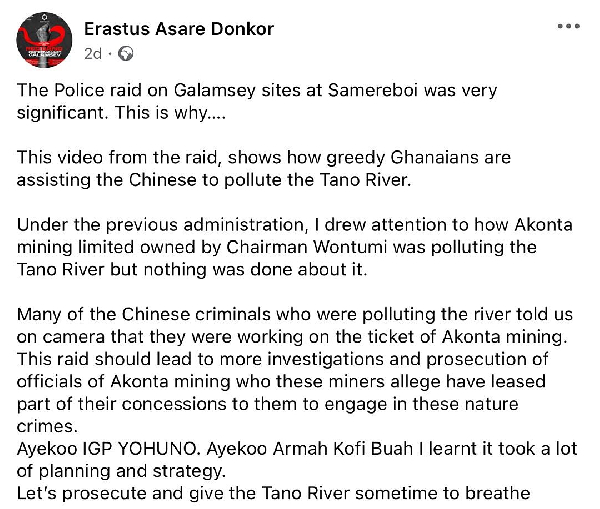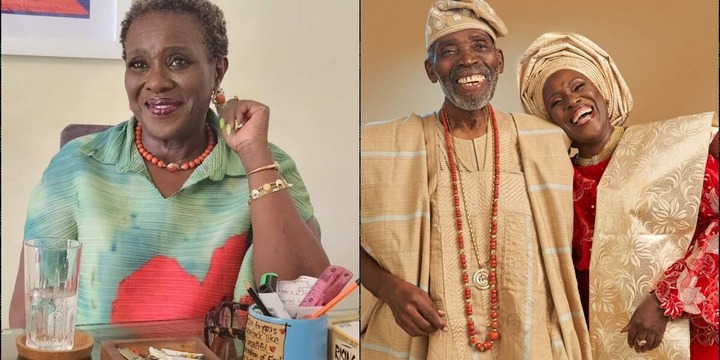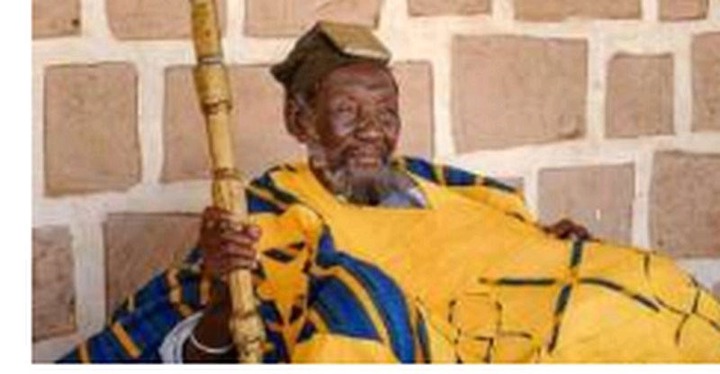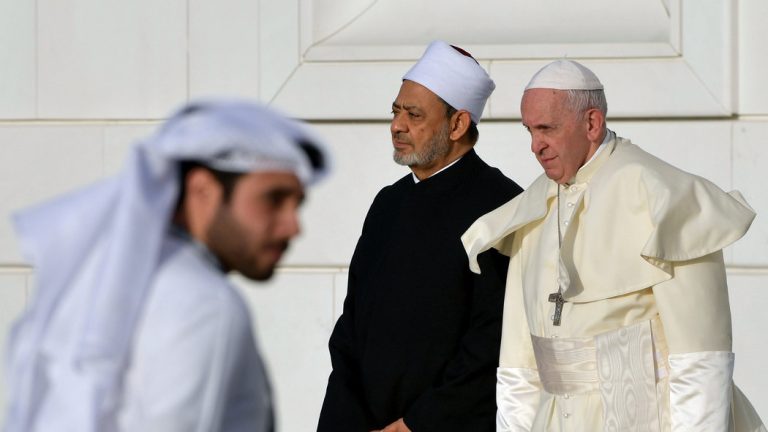It’s no secret that the world of luxury men’s fashion reveres heritage above all else. For generations, that heritage has belonged almost exclusively to European houses with deep archives and deeper pockets. But designer Brett Johnson is looking to shake things up—not just through craftsmanship and design, but by rewriting the rules of luxury marketing. His approach doesn’t lean on legacy—it builds it. For Johnson, luxury is not about nostalgia; it’s about narrative, intention, and a seat at the table that was never set for him.
Johnson aims to become the first Black designer to create an ultra-luxury fashion house that rivals the likes of Armani, Dior, and Brioni—not by following their path, but by carving his own.
Uninterested in drawing from someone else’s history, he’s on a mission to build a new legacy rooted in personal story, cultural pride, and the belief that the luxury space should reflect more than just tradition. One built not on borrowed heritage, but on his lived experience. On quiet power. On generational purpose. It’s a bold but much needed step in a luxury segment that has long resisted disruption—including luxury marketers who have abided by the status quo for too long. Luxury in Johnson’s mind should reflect the people shaping it—and speak to the evolving expectations of affluent consumers who are redefining what the luxury industry stands for.
There is no doubt that Brett Johnson’s ambition remains both audacious and unapologetic—two qualities I often return to in The Kim Kardashian Principle, because as I’ve said before, these qualities will continue to define many of the world’s most impactful brands.
“A lot of Black consumers buy Louis Vuitton, Gucci, Dior—they’re celebrating someone else’s history… But what if we created a legacy of our own?”
That question isn’t just his brand’s thesis; it’s his calling. And it speaks to something much larger than fashion or the luxury audience. It’s about representation, inheritance, and the power to see yourself reflected at the highest levels—not as an exception, but as the standard. In a category where branding often leans heavily on famous luxury brands with monogrammed status symbols and decades of consumer expectation built in, Brett Johnson offers something completely different: a luxury brand that centers culture without sacrificing quality
1. The Luxury House with No Blueprint
While many European luxury brand houses, including those of French excellence, trace their lineage back to the 19th century—with legacy ateliers, and archives filled with sketches from eras past—Brett Johnson is building his house with no legacy ateliers. No iconic monograms. No inherited luxury business codes. Just a vision, a name, generational wisdom and a conviction that luxury products can be redefined on his own terms.
“There’s never been a Black founder in this space who has built something at this level. Not as a capsule. Not as a diffusion line. But a house. A real house.”
Johnson is right. Despite some progress, Black designers remain significantly underrepresented in top creative roles within major luxury fashion houses. As of early 2023, Pharrell Williams was the only Black creative director among the major brands under conglomerates like LVMH, Kering, and Richemont. And whenever I’m seated front row at Milan, Paris, London or New York, I can attest to this absence. And the gap isn’t just creative—it’s structural. According to McKinsey, less than 5% of luxury brands globally are founder-led by people of color. The vast majority of power remains concentrated within legacy European families and corporate conglomerates.
For decades, the idea of many aspects of luxury—especially in fashion—has remained tightly held within a narrow cultural frame: European heritage, white leadership, old money taste. Even as streetwear surged and diversity campaigns made headlines, few dared to challenge the unspoken hierarchy that places “Black-owned” and “luxury” in separate categories. But, Johnson is forcing that conversation forward—not with slogans, but with quiet, elegant conviction. And it’s the fusion of his restrained elegance and relentless clarity that makes Johnson such a revolutionary and his vision so distinct—and so needed.
The man and the mission are the same. His collections are intentionally restrained: precision tailoring, rarefied fabrics, soft color palettes, monogram-free silhouettes. Brett Johnson’s creations don’t shout for luxury buyers attention—they quietly command it. In doing so, it’s safe to say that the Brett Johnson brand isn’t built on an aspirational connection. It’s foundational. And increasingly, that’s what discerning consumers want. In Deloitte’s 2023 luxury report, 63% of Gen Z luxury buyers said they prefer brands that reflect “individual authenticity” over historical prestige.
Johnson’s definition of luxury is the amongst the most inclusive I’ve seen. Yes, he’s reclaiming luxury for Black creatives and luxury consumers alike, but he’s equally inviting others into a world they didn’t even know was missing.
“I wanted to create something that you’d pass down. The way my father passed down suits and watches to me,” he shared.
There’s enormous power in legacy-building when you’ve been historically excluded from legacy spaces. Power in creating a house that centers both craftsmanship and culture—without compromise. And that’s precisely what I believe makes Brett Johnson’s approach so disruptive. He’s not mimicking luxury marketing strategies, he’s mastering them on his own terms.
2. A Brand That Mirrors the Man
More than designing clothes, Brett Johnson is building a mirror—one that reflects who he is, where he comes from, his personal experience with luxury brands as a Black man and the consumer landscape he wants to shape. And in that reflection, you’ll find something rarely found in luxury brand marketing: authenticity without performance.
Raised in a household where excellence wasn’t optional—his parents were successful pioneers in media and entertainment—Johnson was exposed early on to the language of the luxury brands market. But while many children of privilege inherit brands, Johnson decided to build one from scratch, venturing out into the world of fashion in the hopes that he could carry forward his lineage while carving out his own path. In doing so, his luxury brand aesthetic is a distillation of everything that’s shaped him: the clean precision of Italian tailoring, the meditative beauty of modernist architecture, and the confidence of understatement.
His designs ooze elegance and sophistication, showcasing luxury products without flash. They possess a refined beauty that feels both ultra expensive and ultra chic.
“People asked me, who is Brett Johnson the person? Who is Brett Johnson the brand? And I realized the brand had to become an extension of myself. Modern. Sophisticated. Luxury brand.”
Those three words—modern, sophisticated, luxury brand—aren’t just marketing copy for Brett Johnson, they’re branding principles, and perhaps most importantly, a personal ethos.
Brett Johnson is not a brand built to chase virality. There are no seasonal gimmicks and no hype drops and Johnson certainly doesn’t design for Instagram; he designs for target audience legacy, for wardrobes that evolve over time, and for luxury consumers who value craft over clout. It’s a relevant luxury brand marketing strategy for some, especially given the times of economic uncertainty, many consumers gravitate towards timeless, understated luxury over bold, ostentatious designs. This “quiet luxury” trend not only continues to indicate the future of consumer behavior but also emphasizes quality and subtlety, aligning with Johnson’s minimalist aesthetic.
That would be one of the reasons his garments feel so intimate—like they were made for a life, not just a moment. It’s a different kind of experience wearing Brett Johnson given these pieces are meant to outlast seasons and outlive trends. Johnson remembers his father’s wardrobe—watches passed down, suits that carried stories. He’s now creating the kind of garments that might one day do the same for others.
3. Global First, American Later
In a move that would seem counterintuitive to most American designers, Brett Johnson didn’t focus on his local consumer landscape and launch his namesake label in New York or Los Angeles. He launched it abroad—quietly, deliberately, and with intention. His focus? Europe, the Middle East, and Asia.
“I felt those markets had a deeper understanding of craftsmanship. Our aesthetic just fit better. There was more respect for the story behind the garment.”
In a way, it was a recognition of differing consumer behaviors in different geographies, digital strategies and cultural fluency. I can easily see how Brett Johnson’s pieces—pared back, precision-cut, and rooted in artisan quality—speak to a sartorial sensibility that’s ingrained in European life. In Milan, Paris, and Dubai, affluent consumers didn’t just see fabric; they saw the work, level of experience, the heritage, and the restraint behind it.
And his intuition is right. According to Bain & Company, over 95% of luxury industry growth in recent years has come from international markets—particularly China, the Middle East, and Europe—while the American mass market remains dominated by logo-led consumption and celebrity influence. And while evolving, the American mass market still has a complicated relationship with subtlety in luxury marketing. In a culture where logo-driven marketing strategies and celebrity hype often drive the luxury experience and associated attention, Johnson’s quieter approach required a different kind of luxury brand strategy and a different type of listener. So, he sought out the ones already attuned to his frequency.
That disruptive go-to-market decision was both a business strategy and a statement. And it’s working. A 2024 McKinsey report shows that affluent European and Middle Eastern consumers are twice as likely to value discretion, heritage, and artisanal quality over branding or influencer affiliation—making them more receptive to Johnson’s brand philosophy.
Today, the majority of Brett Johnson’s clientele is international—many of them white, many from generational wealth, and many who were previously loyal to famous luxury brands like Loro Piana, Zegna, or Brioni. On paper, that may seem paradoxical: a Black American designer, building a culturally rooted brand, embraced first by elite European audiences. But Johnson sees it differently.
“I didn’t expect it. But it’s a start.”
For him, this early global traction isn’t the endgame. It’s a foundation. A proof point that quality transcends race, that refinement speaks its own language, and that a Black-owned luxury brand doesn’t have to exist solely for the Black community—it can be led by it and still belong to the world. Because Brett Johnson’s ultimate ambition is not niche, but universal: to create a house that redefines who luxury is for—not by excluding others, but by including ourselves.
4. Competing Where It Counts: Quality
In Brett Johnson’s world, luxury is not a price point but a promise. And that promise begins with craftsmanship—the kind that takes years to find and a lifetime to master.
Before a single garment ever bore his name, Johnson spent over two years quietly traversing the hills of Tuscany and Umbria, regions steeped in centuries of rich tradition and artisanal excellence. His mission? To seek out the best factories in the world—not just to manufacture his luxury products, but to help him build a luxury brand from the ground up, one meticulous stitch at a time.
“I wasn’t just looking for someone to make clothes, I was looking for partners. For craftspeople who believed in legacy the way I do—even if I hadn’t proven anything yet.”
That search was more difficult than it sounds. These ateliers typically work with heritage houses—famous luxury brands like Hermès, Dior, and Loro Piana—whose business models guarantee scale and consistency. Johnson was offering neither. What he was offering instead was vision; a modern, refined point of view that valued restraint over spectacle and permanence over profit.
Eventually, he found them—family-run workshops where fathers teach sons, where fabric is handled with reverence, and where time slows down in service of excellence. In some cases, one artisan handles a single detail: the slope of a shoulder, the roll of a collar, the precise placement of a buttonhole.
It’s not fast. It’s not cheap. But its purpose is unforgettable.
Today, every Brett Johnson piece is born from this ethos. From the weight of the wool to the grain of the leather, nothing is left to chance. Jackets are engineered to drape with architectural precision. Trousers whisper rather than shout. Even the linings are a study in detail—often dyed to match a specific emotion or seasonal mood.
“In a world obsessed with how fast things move, I’m more interested in how long they last.”
And that philosophy goes beyond materials. It’s embedded in his idea of ownership. A Brett Johnson coat isn’t something you toss when trends change. It’s something you hand down, the way his own father passed on suits and watches that carried not just function, but meaning. That’s why Johnson doesn’t just talk about quality, he talks about inheritance. It’s a critical role that many fashion executives have overlooked: legacy as strategy. And research backs it. A 2024 McKinsey study found that 76% of luxury buyers say craftsmanship is the top reason they remain loyal to a brand—outpacing even design or exclusivity.
It’s an increasingly rare idea in luxury marketing today—where many brands have traded artisans for algorithms and replaced legacy with manufactured hype. But Johnson isn’t trying to compete in the attention economy, he’s playing a different game altogether.
“I want you to wear one of our pieces and feel something—about yourself, about where you’ve been, about where you’re going. That’s the power of great design.”
In an industry that rewards immediacy, Brett Johnson is betting on permanence of the luxury experience. He’s not building fashion for this moment but building fashion that outlives it.
5. Inspired by Giorgio Armani. Driven by Purpose.
There are clear aesthetic and ideological parallels between Brett Johnson and Giorgio Armani—two designers who chose restraint over noise, craft over chaos, and vision over validation.
Like Armani, Johnson has little interest in the performative theatrics that often dominate the fashion calendar. He doesn’t chase seasonal reinvention or Instagrammable gimmicks, instead, he builds with intention—calm, assured, and exacting. His work echoes Armani’s minimalist codes, but there’s something different at play. Where Armani defined a generation’s style, Brett Johnson is redefining who gets to lead that conversation.
“I admire how Armani created a universe. You stay at an Armani hotel, and it’s his mood, his vision. That’s what I’m building too.”
And like Giorgio Armani, Johnson’s vision isn’t just that of a stylized sanctuary. It’s a luxury project. A cultural reclamation. A business role rooted in legacy, storytelling, and long-term competitive advantages.
His ambition is to create a fully immersive Brett Johnson luxury brand world—not just fashion, but eyewear, homeware, even entering the luxury hospitality space with hotels—where the design language is consistent, elevated, and unmistakably his. But unlike most lifestyle brands that expand for market share, Johnson expands for representation, meaning and impact. That would be Brett Johnson’s purpose.
It’s a smart move. According to Deloitte’s Global Powers of Luxury Goods report, lifestyle expansion—into interiors, hospitality, and experiences—is now a key growth engine for top-performing brands, fueling both deeper customer loyalty and higher margins. And in then process, he’s not just designing what elegance looks like. He’s pushing back on who gets to define it.
That’s why his mission is inherently political—not in the partisan sense, but in the historical one. To imagine a Black-owned luxury brand, that creates a luxury universe, that competes at the highest level is, in itself, a radical act. Especially in an industry where Blackness has often been commodified but not empowered. Where Black creatives are celebrated for influence, but not always entrusted with legacy.
“This isn’t about exclusion, it’s about expansion. About building something so refined and undeniable that it forces the luxury sectors to evolve.”
In that way, Brett Johnson is not just following in Armani’s footsteps—he’s extending them into spaces they’ve never been. While Armani drew from Japanese architecture and Italian sensuality, Johnson draws from generational memory, American modernism, and a lived Black experience. His expression of luxury is global, yes—but also deeply personal.
And when future generations step into a Brett Johnson boutique, or check into a Brett Johnson hotel, or wear a Brett Johnson jacket handed down from a father to a son, they won’t just be stepping into a brand. They’ll be stepping into a world.
The Luxury Industry Should Pay Attention
For leaders navigating a rapidly shifting luxury space, I believe Brett Johnson offers more than just a newer label to watch—he offers a blueprint for what leaders in luxury marketing can look like when it’s rooted in both purpose and profit. His luxury brand marketing strategy is a case study in building with depth over noise, with emotional connection over algorithmic reach, and with cultural integrity over performative inclusion. He’s not entering the luxury sectors to check a box or “diversify” it, he’s entering to redefine it.
Where many fashion brands seek to align themselves with legacy institutions or French excellence, Brett Johnson is building a legacy of his own—one that proves you don’t need centuries of history to create something timeless. In this new era, point of view is power. Vision is value. And your identity isn’t just part of the product—it is the product.
And in doing so, I’d say Brett Johnson challenges the luxury industry and by extension those who focus on marketing luxury brands to evolve. To grow up. To slow down. To make space not just for a new kind of creative director, but for a new kind of target audience—one who sees themselves in the story being told. Because the new era of luxury brand marketing or marketing luxury products isn’t about logos, spectacle, or scarcity games. It’s about soul, story, and substance. And that matters—not just for luxury projects or fashion, but for culture. Not just for markets, but for people. Because when you expand who gets to be seen at the top, you expand what’s possible for everyone else watching.
Brett Johnson’s pieces don’t scream for attention—they command it, through content creation, precision, purpose, and presence.
In an ultra competitive market saturated with competitive pricing, high end events, limited edition products and general noise, Brett Johnson’s quiet confidence might be the boldest move of all. And in an industry still reckoning with how to reconcile exclusivity with inclusion, heritage with innovation, and prestige with progress—his presence isn’t just refreshing.
I’d say it’s a turning point.
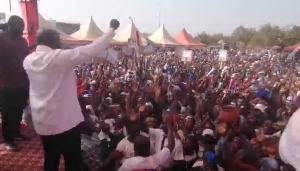 Dr Mahamudu Bawumia, at a previous rally
Dr Mahamudu Bawumia, at a previous rally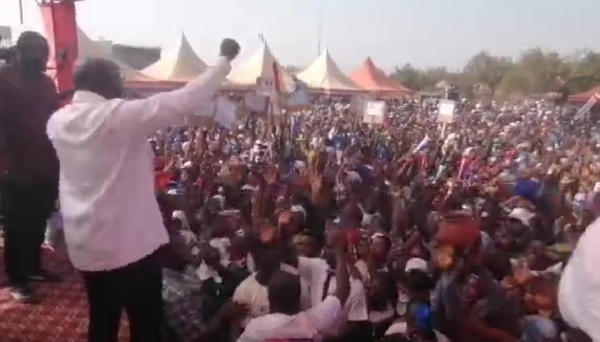
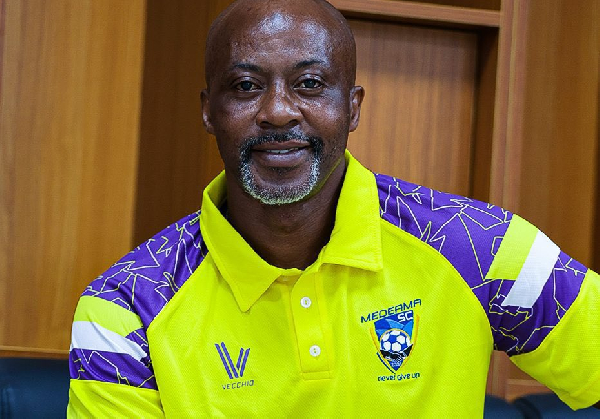
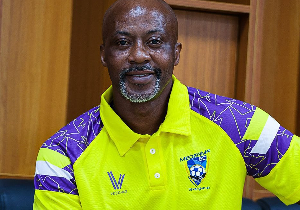





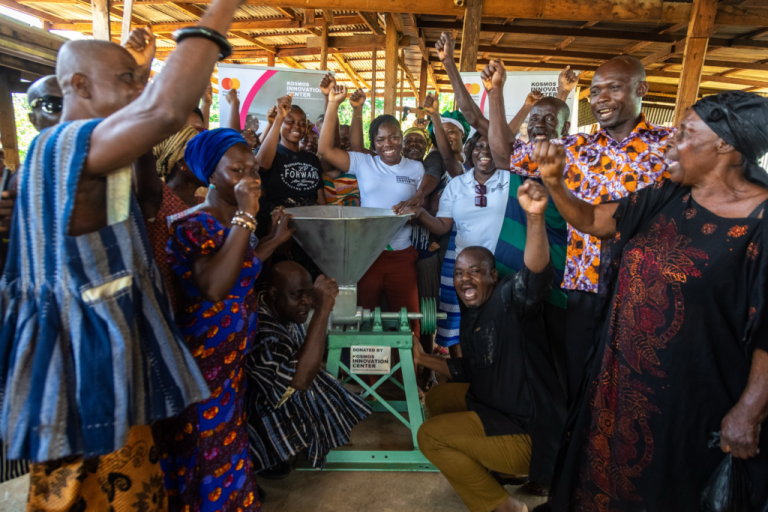
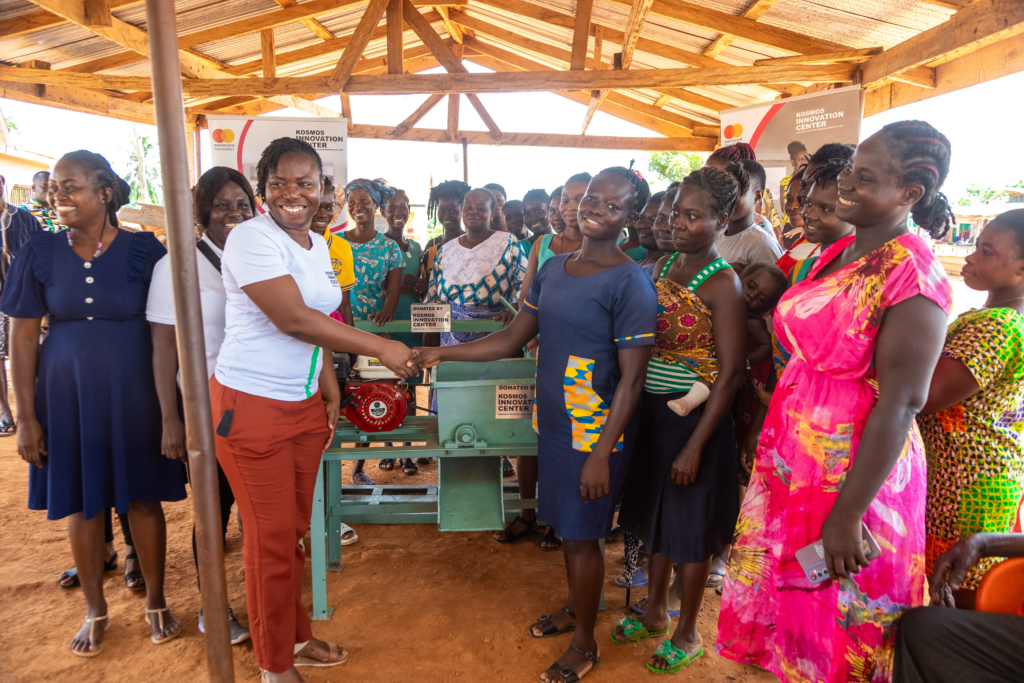
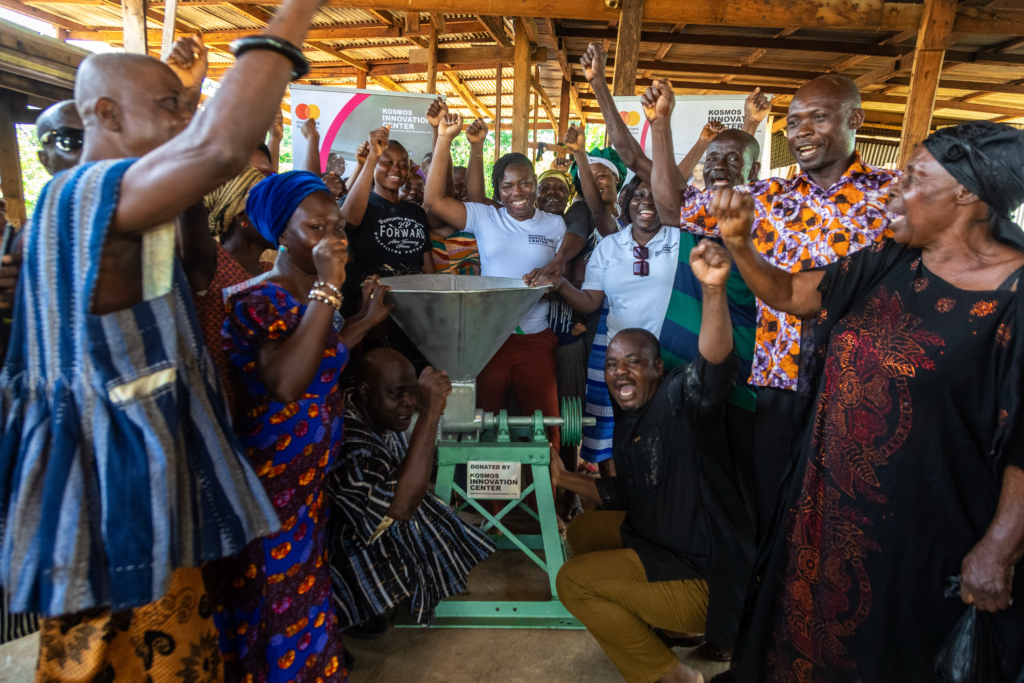
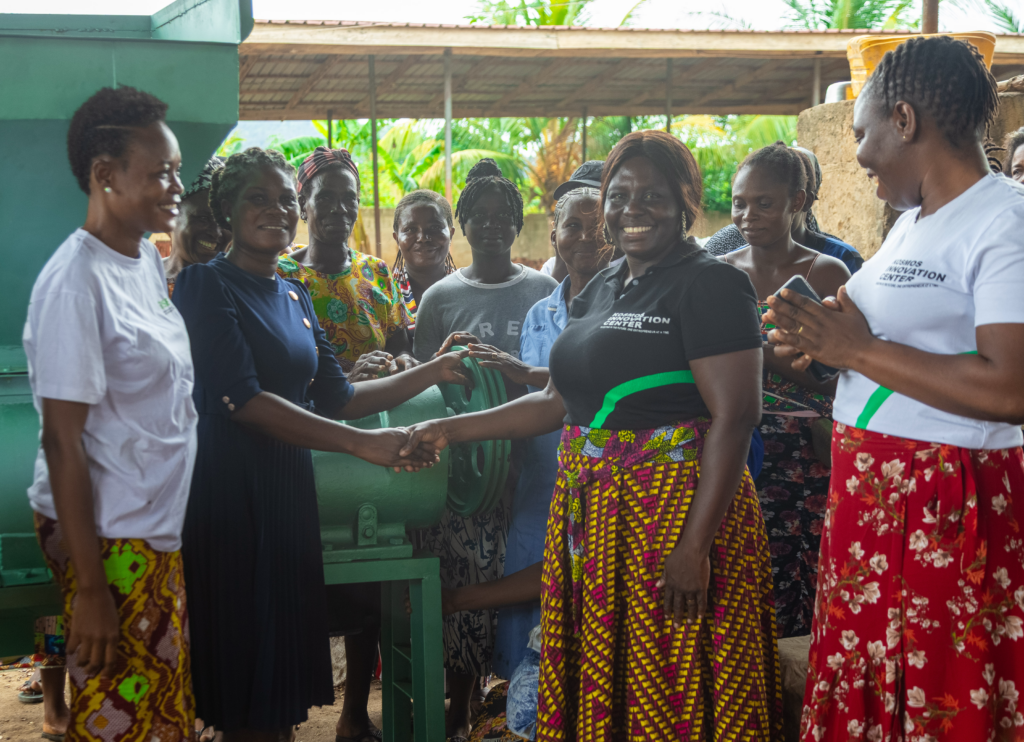
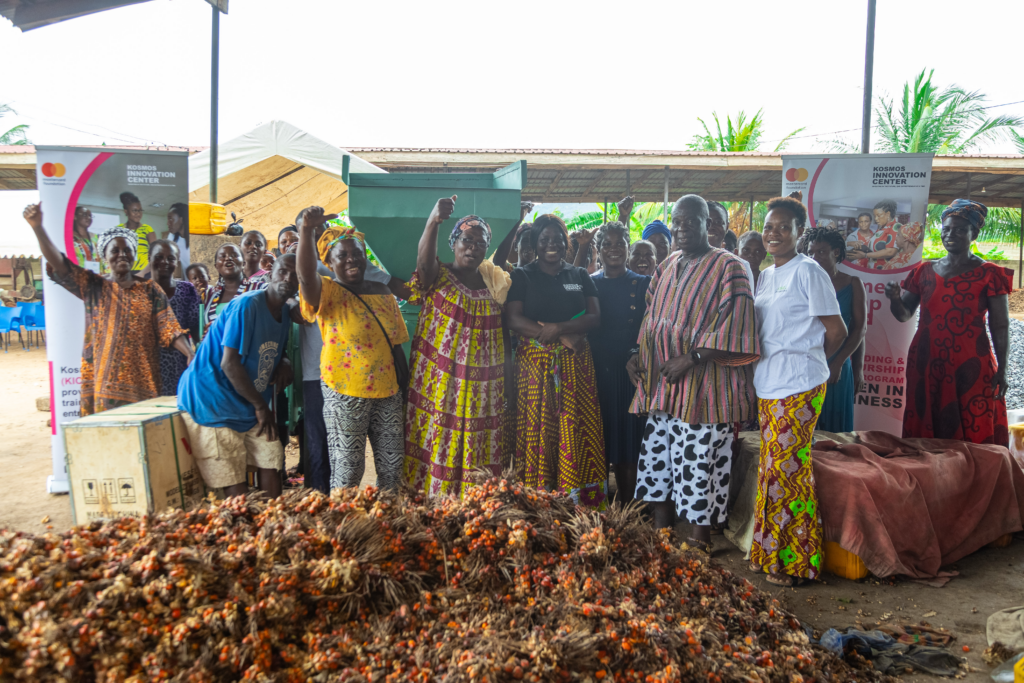
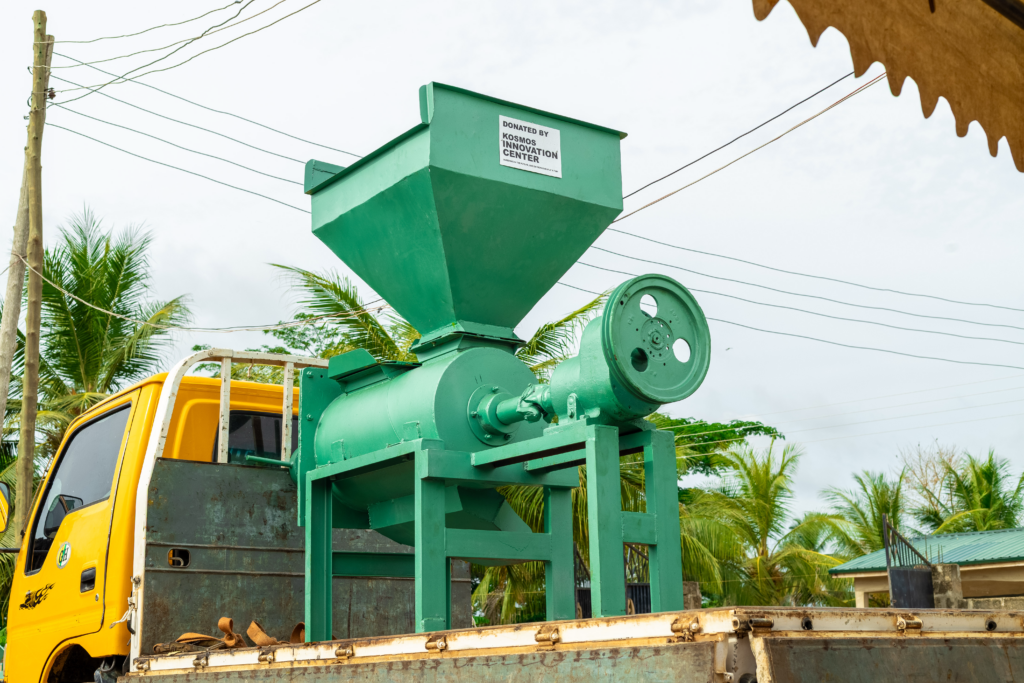



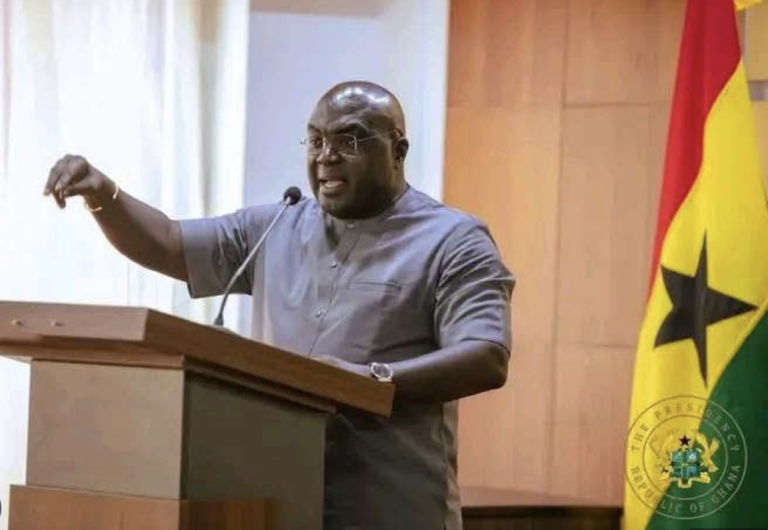
![Citi FM and Channel One TV donate to BASCO [PICTURES] Citi FM and Channel One TV donate to BASCO [PICTURES]](https://www.ghanamma.com/wp-content/uploads/2025/04/IMG-20250421-WA0057-768x576.jpg)





































































